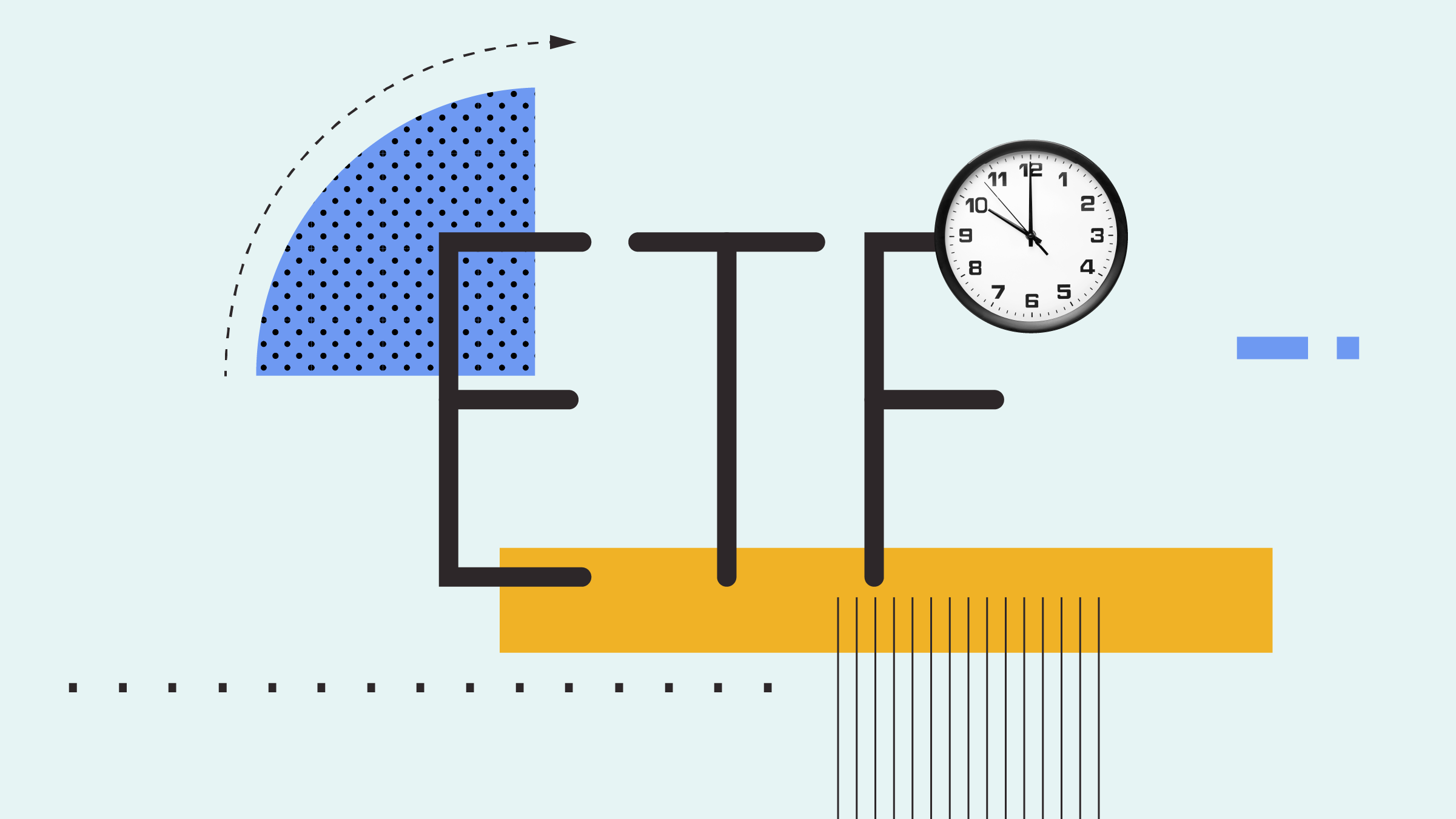Here at Morningstar we are not keen on short-term trading or investing purely on discount movements. However, we do appreciate Warren Buffett’s long-term value investment approach: buy good companies for cheap. This approach can also be applied to investment trusts: buy good trusts for cheap.
In this article I will introduce three investment trusts that are currently trading below their three-year average discount, indicating that they are being undervalued right now by the market. In our view, these investment trusts should outperform their category peers over the long term.
But before discussing the specific investment trusts, let’s discuss the important concept of “mean reversion”…
Understanding Mean Reversion
As listed investment vehicles, investment trusts can, and usually do, trade at discounts to their Net Asset Values (NAVs). This makes them appealing to value investors who are attracted by the opportunity to effectively buy assets at pence on the pound, just like shopping on sale. However, to realise this value, discounts must narrow from the level at which the investor buys in. Unfortunately, there can be no certainty that a discount will contract, but there is a risk that a discount could widen out further.
Thankfully, investment trusts discounts tend to exhibit mean reversion, which can help investors gauge when to buy and when to sell. Mean reversion is a financial concept that assumes that stocks and financial investments--such as investment trusts--will fluctuate in value, but will tend to move to an average price over time. When it comes to investment trust discounts, mean reversion assumes that discounts will tend to move to their average level over time and that deviations from this average are temporary.
We would never use an extra-wide discount as the sole reason to purchase a fund. However, if you combined mean reversion analysis with fundamental research and an in-depth understanding of the merits and suitability of a fund, it could help you time your purchase decision, which would hopefully allow you to benefit from both NAV appreciation and discount contraction.
3 Investment Trusts Trading at Wider-Than-Normal Discounts
Below are three investment trusts that are currently trading at discounts that are wider than their average three-year discounts. These wider-than-normal discounts provide a good opportunity for interested investors who have completed their due diligence on the trusts. Furthermore, we believe all three trusts distinguish themselves in terms of strong fundamentals.
![]() Edinburgh Dragon Trust (EFM) is a Gold-rated Asia ex-Japan equity fund. The named manager here is Andrew Gillan, but in reality, the trust is run with a team approach, in keeping with all Aberdeen equity funds. The team is well resourced and has depth of experience. The process is tried-and-tested, as the team follows a firm-wide approach originated by Hugh Young in 1985. This approach has translated into excellent results over the short- and long-term while keeping risks firmly in check.
Edinburgh Dragon Trust (EFM) is a Gold-rated Asia ex-Japan equity fund. The named manager here is Andrew Gillan, but in reality, the trust is run with a team approach, in keeping with all Aberdeen equity funds. The team is well resourced and has depth of experience. The process is tried-and-tested, as the team follows a firm-wide approach originated by Hugh Young in 1985. This approach has translated into excellent results over the short- and long-term while keeping risks firmly in check.
![]() Templeton Emerging Markets Investment Trust (TEM) is a Bronze-rated global emerging markets equity fund. We like the team at this trust, which is comprised of more than 30 people and is spread globally to enable on-the-ground research. Dr. Mark Mobius is the lead manager, but he is assisted by three other managers in the day-to-day running of the trust and they have all worked together for over two decades. This long-term working relationship brings stability and continuity to the execution of the investment process. The team focuses on finding long-term value investments. Each team member is encouraged to become an expert in their sector at the global level, and then expand their regional knowledge. The performance here has been strong and the fund has weathered several storms, however, it has not been a plain sailing for shareholders; the fund has exhibited notably more volatility than its average category peer, which might be too jarring for a more cautious, jitter-prone investor.
Templeton Emerging Markets Investment Trust (TEM) is a Bronze-rated global emerging markets equity fund. We like the team at this trust, which is comprised of more than 30 people and is spread globally to enable on-the-ground research. Dr. Mark Mobius is the lead manager, but he is assisted by three other managers in the day-to-day running of the trust and they have all worked together for over two decades. This long-term working relationship brings stability and continuity to the execution of the investment process. The team focuses on finding long-term value investments. Each team member is encouraged to become an expert in their sector at the global level, and then expand their regional knowledge. The performance here has been strong and the fund has weathered several storms, however, it has not been a plain sailing for shareholders; the fund has exhibited notably more volatility than its average category peer, which might be too jarring for a more cautious, jitter-prone investor.
The Silver-rated ![]() Monks (MNKS) is an investment trust for investors looking for exposure to a global large-cap growth equity fund. Run by Gerald Smith since 2006, the fund has out-performed its category peers under the manager's tenure, with risks kept in check. Smith has been tweaking the process a bit since his appointment; nevertheless the results are encouraging so far. The fees here are competitive too, giving it a cost advantage relative to its peers.
Monks (MNKS) is an investment trust for investors looking for exposure to a global large-cap growth equity fund. Run by Gerald Smith since 2006, the fund has out-performed its category peers under the manager's tenure, with risks kept in check. Smith has been tweaking the process a bit since his appointment; nevertheless the results are encouraging so far. The fees here are competitive too, giving it a cost advantage relative to its peers.































